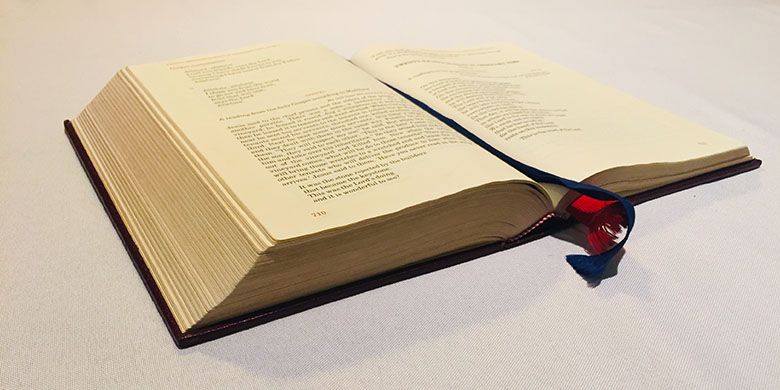
Vocations
PRIESTHOOD
Being a priest in Cork and Ross
Priesthood in Cork and Ross offers a diverse and challenging way of living a life devoted to God in service to his people. Cork and Ross priests serve people in parishes, hospitals, schools, colleges and a wide range of care organisations.
Priests journey with people as they celebrate the beginning of life and as they mourn its ending. They bless the joyous love of couples at Marriage and nourish the steps of children, schools and families as people are prepared for First Confession, First Communion and Confirmation. They are a constant expression of Christ’s selfless love and grace as they minister to people at times of illness, personal crisis, isolation or despair.
The Eucharist, celebrated with the People of God, in church, chapel, Station Mass, classroom, or nursing home is the Christian Community’s source of life and our foretaste of the eternal life to come. It is also the central part of the life of the priest.
Find out more about applying to study to be a priest in Cork and Ross
Contact: Fr. Michael Keohane
Address: Cork and Ross Offices, Redemption Road, Cork
Tel (Diocesan Office): 021 4301717
or
Fr Cian O’Sullivan CC and Diocesan Director of Vocations
Ballincollig, Co Cork
Tel 021 4877161 or email: vocations@corkandross.org.
Find out more about priesthood in Cork and Ross, contact priesthood@corkandross.org
THE PERMANENT DIACONATE
Irish Catholic Church introducing Permanent Deacons
A decision to introduce the Permanent Diaconate in the Diocese of Cork and Ross was made in April 2013. Diocesan Director for the Permanent Diaconate in Cork and Ross Diocese is Fr Bernard Cotter.
What is the Diaconate?
The diaconate is an ordained ministry, of which there are three: bishop, priest and deacon. In December 2006, the Irish bishops announced the publication of the National Directory and Norms for the Permanent Diaconate, which has been approved by the Holy See.
The ministry dates from the time of the apostles. In the New Testament (Acts 6), the twelve apostles agreed to dedicate themselves to prayer and to the service of the word, and handed over the duty of looking after orphans and widows to others. It was from this that the ministry of the diaconate emerged.
The Second Vatican Council (1960s) introduced a rediscovery of the permanent diaconate as an important role in the Church.
Today candidates on the path to priesthood, become deacons a year before they are ordained, and during the Holy Orders for diaconate, they take on the commitment to celibacy.
The word ‘deacon’ means ‘service’.
What Deacons Do?
The diaconate is an ordained ministry, but unlike the other two ministries with Holy Orders, married men may apply to be permanent deacons. Deacons would not normally wear a clerical collar, but do wear vestments when officiating at the liturgy.
Deacons can read the Gospel, preach, baptise, preside at funerals and weddings and bring Communion to the sick, but they may not anoint the sick, say Mass or hear Confessions.
Who can be a Deacon?
According to the new directory on the diaconate, candidates for the permanent diaconate will be men with a good knowledge of the Gospel, a well established spiritual life, and a proven willingness to serve others, even at some personal cost.
The minimum age for admission to the permanent diaconate is twenty-five years for a celibate candidate, and thirty-five years for a married candidate. The maximum age is sixty years. While married men may be ordained, deacons who are widowed may not remarry.
Study for Diaconate?
It will take four years for a man to become a permanent deacon – a preliminary year, before he is accepted as a candidate, followed by three years of formation, in a part-time course, involving the study of theology and philosophy, as well as pastoral, spiritual and human formation.
The Role of the Diaconate
The bishops emphasise that deacons are not a replacement for the priest. They said they were concerned that all Catholics would be helped to participate actively in the life of the Church, and “the diaconate should facilitate that rather than be in any sense an impediment to that participation”.
As a general rule deacons will be appointed to a parish near their home, and entrusted by the bishop with specific responsibilities. Some deacons may take on specialised ministries in keeping with their gifts and experience. Most deacons will exercise a part-time voluntary ministry. They will be paid expenses associated with formation and ministry by their diocese or parish.
Permanent Diaconate
Those interested should contact their local priest or the Diocesan Director of the Permanent Diaconate for Cork and Ross:
Fr. Bernard Cotter, Newcestown, Co Cork.
Tel: 021-7438000